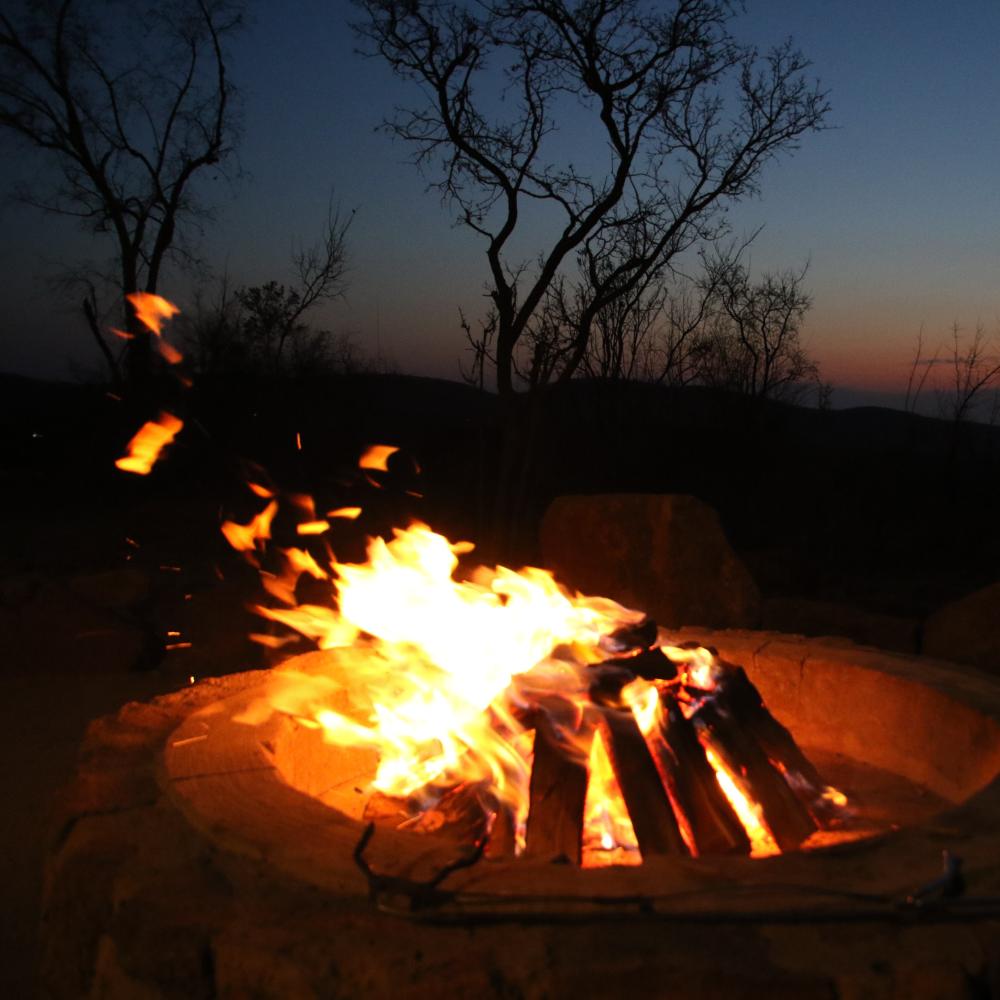
AWEi Fireside Chat - Developing a Standard for Responsible & Sustainable Hunting
Stellenbosch
South Africa
This fireside chat is the third in a series of five fireside chats organised by AWEI to explore the implications of a report and policy position published by the South African Department of Forestry, Fisheries, and the Environment (DEFF). The chats highlighted areas that may require further research and analysis for developing an inclusive and responsible wildlife economy in South Africa.
In May 2021, DEFF released a voluminous High-Level Panel Report with profound implications for the development of the wildlife economy in the country and, indeed, across the continent. Minister Barbara Creecy stated that “Besides providing specific interventions to resolve key issues in the sector, the report also provides for a re-conceptualised wildlife sector, that will provide a new deal for people and wildlife in South Africa.” In June, Minister Creecy then invited comments on a Draft Policy Position on conservation which aims to provide “a stable base for conservation, growth, and development.”
AWEI Fireside Chats |
Date |
Time |
|
Tue, 13 July |
15:00-16:00 |
|
|
Protected areas as drivers of local |
Thu, 15 July |
15:00-16:00 |
|
Developing a standard for responsible |
Tue, 20 July |
15:00-16:00 |
|
Leveraging the value of rhinos in South Africa |
Thu, 22 July |
15:00-16:00 |
|
Conservation and sustainable use of lions |
Tue, 27 July |
15:00-16:00 |
Principle Guests
- Ms Lizanne Nel, Conservation Manager, South African Hunters and Game Conservation Association
- Mr Phumelele Kwayimani, Chairman, South African Black Hunters and Sport Shooting Association
- Mr Richard Sowry, Section Ranger, Kingfisherspruit, Kruger National Park
Opening Questions
- How can the market for hunting grow as an important component of the broader wildlife economy, including through becoming more inclusive and delivering livelihood, poverty-reduction, greater value chain engagement, as well as conservation outcomes?
- How could a hunting standard enhance the industry’s reputation and attractiveness, notably by demonstrating its contribution to conservation as well as socio-economic outcomes; and demonstrate South Africa’s leadership in terms of best practice over a range of factors?
- How could such a standard be developed and taken up across the value chain of the industry, including what the best process might be for developing such a standard, and how it could be marketed both among hunting experience providers and purchasers?
HLP Goal 11 and Recommendations on hunting of the Five Iconic Species
South Africa repositioned and promoted as a destination of choice for legal, regulated and responsible hunting of the five iconic species, emphasising the authentic wildness experience, that is humane, grounded in universally-shared ethical principles, and that promotes conservation and rural livelihoods.
- The development and implementation of a national responsible, and sustainable hunting standard for the five iconic species that addresses the ecological, economic, and social aspects, inclusive of welfare considerations; and
- Repositioning of South Africa as a destination of choice for legal, humane, regulated and responsible hunting of the five iconic species.
Draft Policy Position
The five iconic species are central to a vibrant international hunting industry, and hunting is a part of the South African heritage and culture, and generates economic benefits as part of the South African rural economy. Trophy hunting is under increasing international scrutiny and all activities related to this must be done using best practice and full transparency to prevent irresponsible hunting practices creating reputational damage and international outcry.
Get updates by email
Through impactful research, stakeholder engagement, and professional development, AWEI is supporting the wildlife economy across Africa. Please subscribe for occasional updates on our work and forthcoming events.
Sign up for a quarterly dose of AWEI insights
In a complex and changing world, AWEI generates strategic ideas, conducts independent analysis on wildlife economies, and collaborates with global scholar-practitioners to provide training and expertise for biodiversity conservation, climate resilience, and inclusive economic opportunities in Africa.




